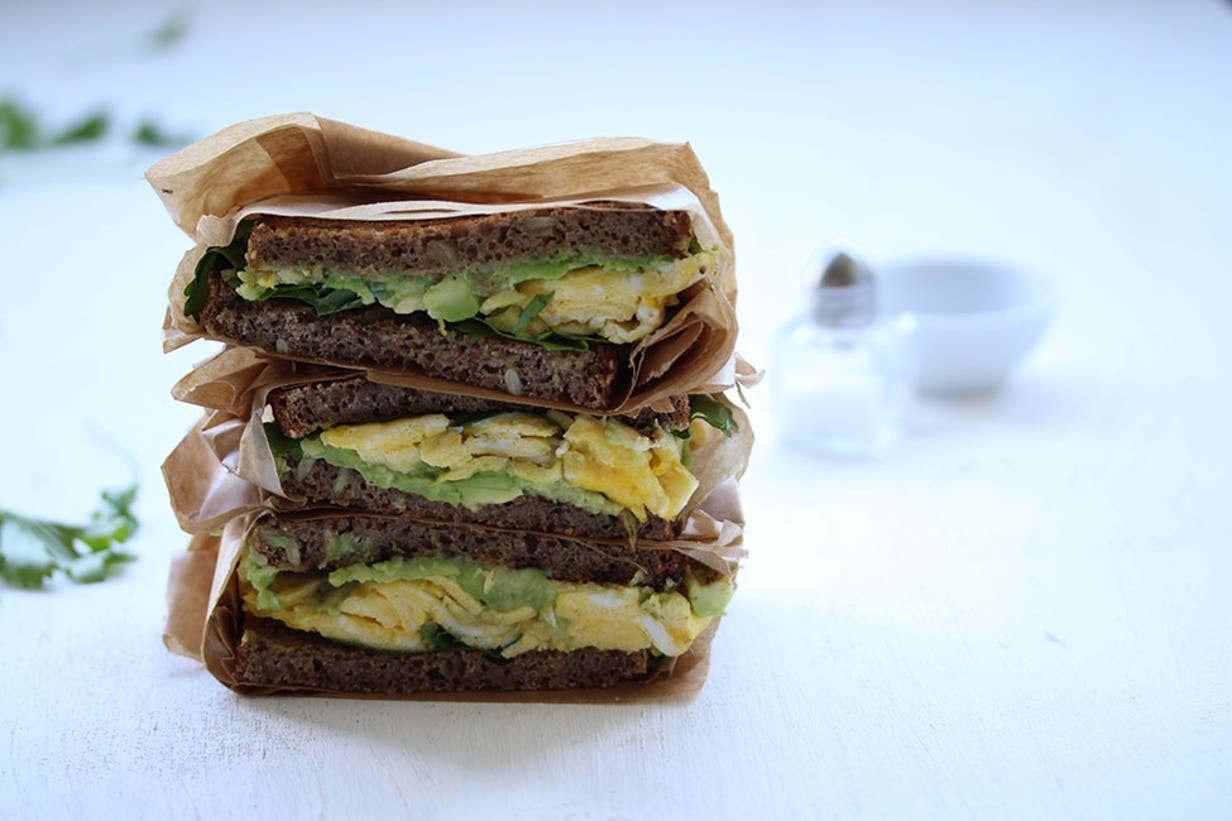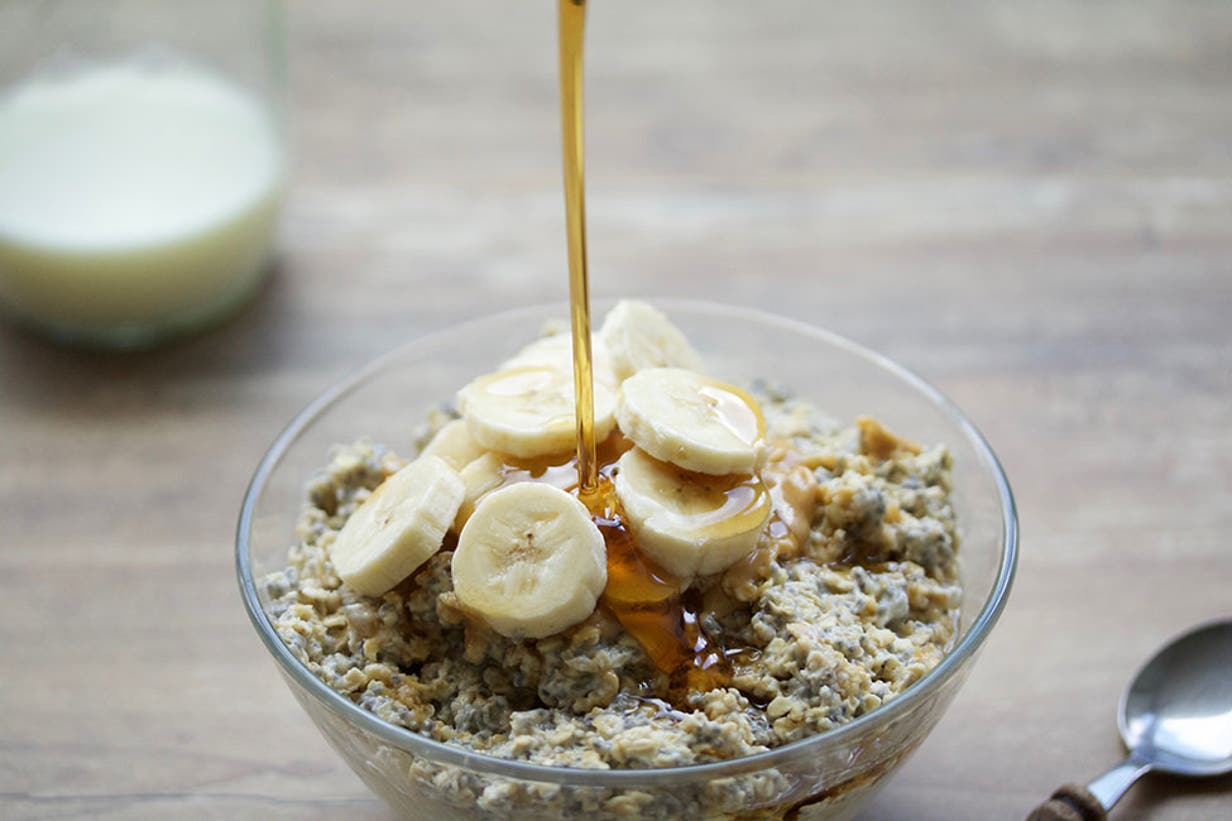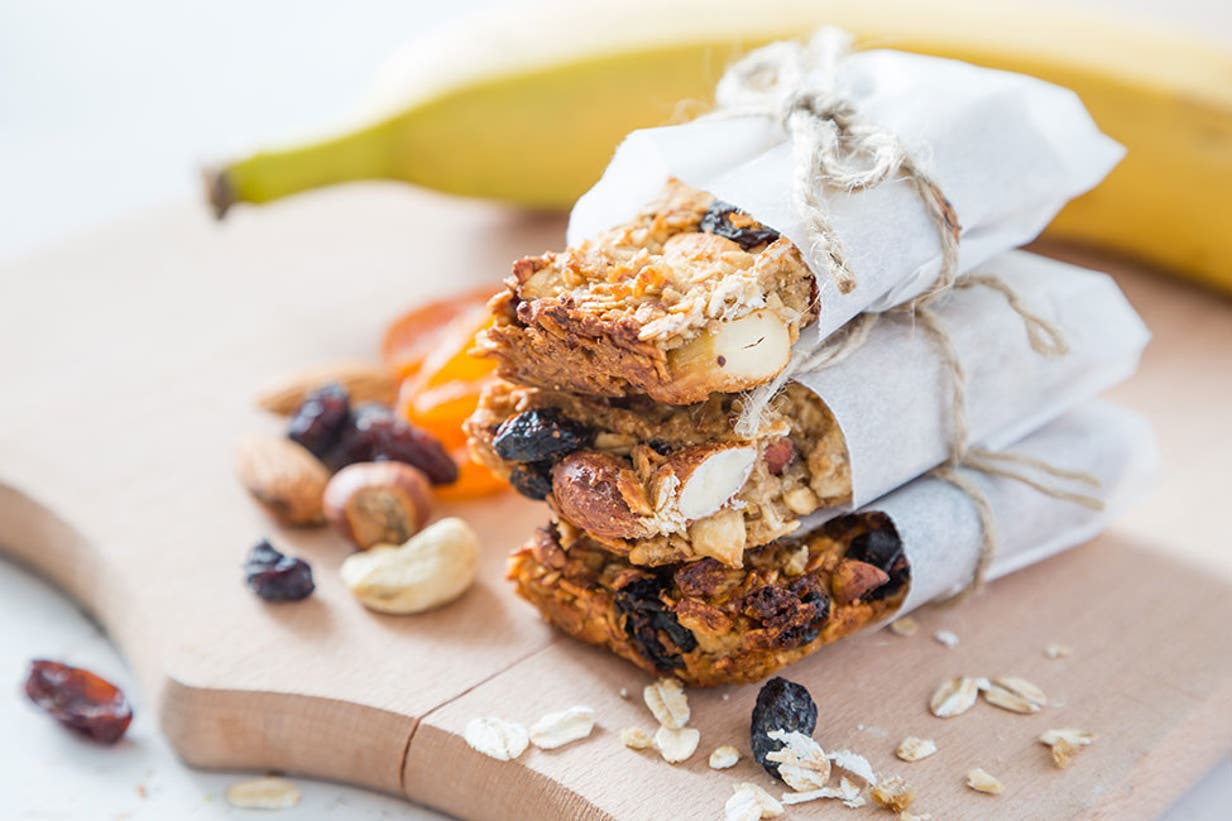For competitions like the spartan race, which require strength-endurance, we recommend a high-carb diet at least one week prior to the race. The evening before, a “pasta party” would be ideal to fill glycogen stores up with a big portion of pasta or potatoes. Also, you should avoid alcohol the days before, as it interferes with the lipolysis and has a calming effect, which can have disadvantages in your performance.
On the day of, and the day before the race, you should plan your meals, keeping in mind to have enough time between the last meal and the start of the race. This is to prevent anything from weighing you down (be aware if you start very early in the morning!). Although your meal should be large, it shouldn’t be too heavy. That means, food that is very or too high in fat, proteins and fiber is not very suitable, as they slow down gastric emptying and therefore digestion, which could lead to digestive problems during the race. No one wants that.
The higher the intensity of the physical strain, the more sensitive the organism reacts. Especially irregular movements, like certain obstacles during a Spartan Race, are detrimental for the digestive system, as the body and especially the stomach are exposed to mechanical shocks and shakes.
A moderate amount of fiber, fats and proteins combined with a large amount of carbohydrates – best a mix of “slow” and “fast” carbs – help to keep blood sugar levels constant.

Pre-Race-Dishes could be
- Spelt, rye or whole-grain roll with savory spreads of fillings (low-fat cheese, quark, cream cheese, lean ham)
- Spelt, rye or whole-grain bagel with cream cheese and banana
- Whole-grain pasta with tomato sauce
- Muesli or oats with banana and low-fat yogurt

How to adapt to time and weather conditions
Your ideal nutrition strategy for the competition depends also on environmental influences, to which you can and should react flexibly.
If you start early
An early start allows mostly only easy-to-digest snacks (banana, granola bar) up to one hour before your warm-up starts. Additional, high-carb sport drinks are also a good option.
If you don’t know your exact start time
To be on the safe side, eat easily digestible snacks like bananas, granola bars and be sure to take enough with you.

What you should take with you
Most likely, there won’t be good food supply possibilities – if any. Therefore you should take a generous package of food with you, including savory food (sandwiches, crisps or rye bread, hard boiled eggs). Keep in mind how hungry you will be after the race.
Weather conditions
- Winter: Hot tea, warm isotonic drink. Wrap your sandwiches and granola bars warmly so that they don’t become stiff.
- Summer: Fruits, fruit puree with oats, cold drinks like self-made icetea. Keep foods likely to melt in a small cooling box
Checklist before you start
- Don’t start with an empty stomach
- Eat about 3 hours before you start
- Your meal should be light but high in carbs (200-300g carbohydrates), moderate in protein and low in fats and fiber.
Eat like a Spartan, perform like a Spartan.